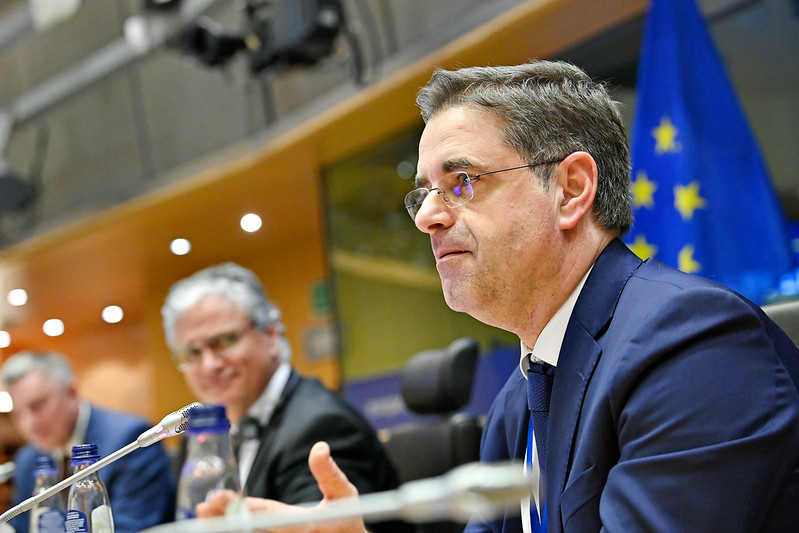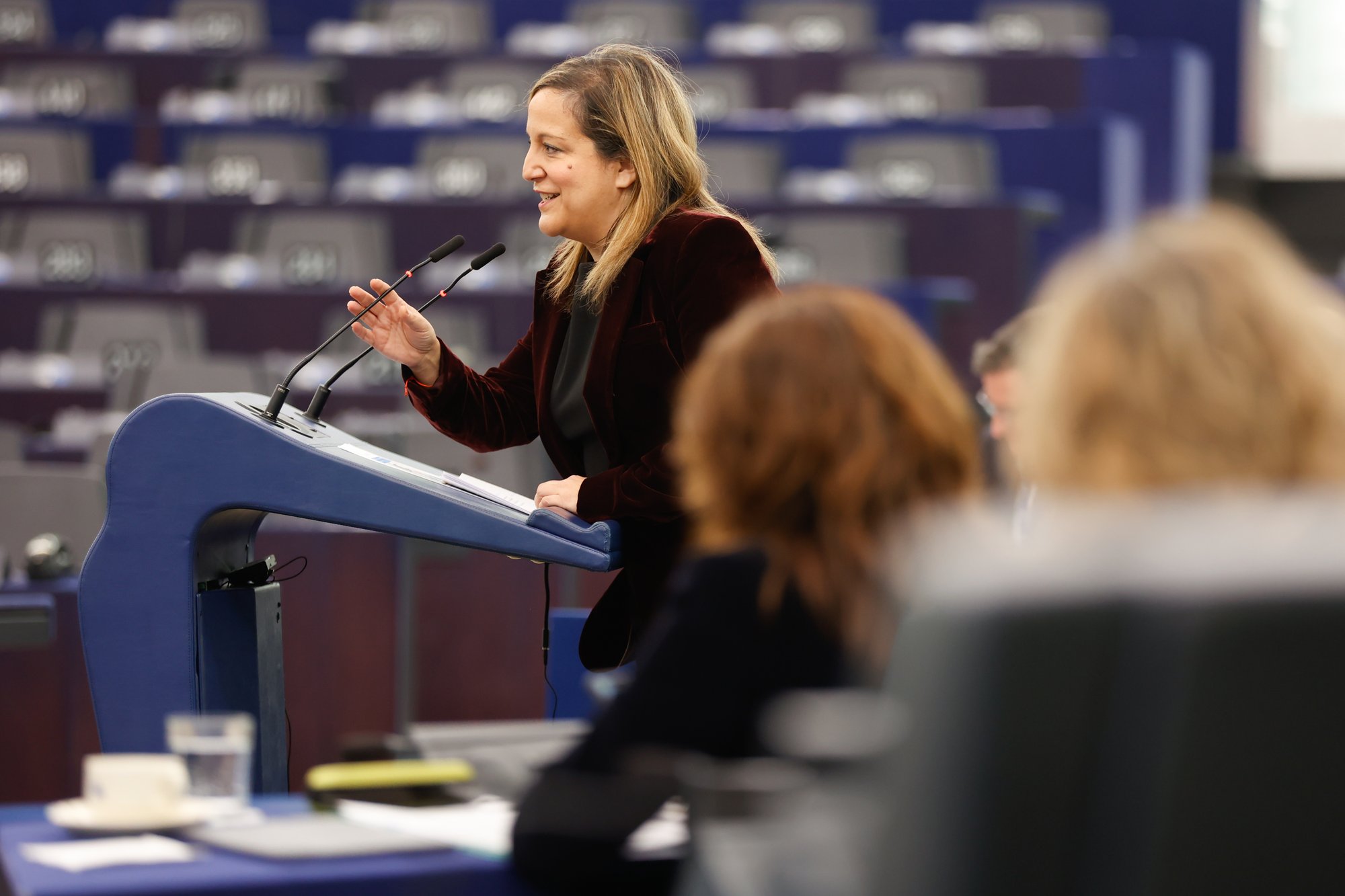The fight over the recent amnesty deal in Spain has reached even into one of the EU’s smaller institutions.
During its last plenary session before Christmas, the European Committee of the Regions (CoR), an assembly of local politicians from across the EU, found itself arguing over politics in Madrid.
There, Spanish PM Sanchez established a government with the support of Catalan nationalists, in return for promising their leadership amnesty for their 2017 independence attempt.
While the vote was supposed to be on anti-corruption motion, furore emerged when apparently some Spanish Members inserted amendments condoning the deal.
The rapporteur mentioned that he removed the amendments because they were in contradiction to the EU treaties.
Yet this did little to restrain the fight that followed.
Fernando Lopes Miras, a Member of the centre-right Popular Party in the regional parliament of Murcia Spain, demanded that the CoR “not look the other way.”
He claimed that the fact that Spain could violate its rule of law with the amnesty. This in turn would create an inequality between the different regions of Europe, as the rule of law would apply in some countries but not in others.
“How can I explain this to my constituents?” he asked the assembly. “Europe, we the Spanish need you!”
Another Spanish Member, Isabel Urrutia de los Mozos, a PP politician from Cantabria, asked how the EU could tolerate the Madrid government “normalising what is nonsense”.
She described the amnesty deal as a case “where a fugitive with 7 votes in a house of 305 has the power to defy the law”.
The Left side of the chamber was quick to respond with several Members saying that the issue was irrelevant to the anti-corruption report they were voting on.
One Member for the centre-left Party of European Socialists group, said that while he “welcomed the effort to make a reference to [the amnesty]” they added that the the COR “cannot, and must not, take positions on internal politics.”
Another Member Royo Vidal for the centrist European Alliance claimed that the “[amnesty] law is both normal, legal, and in line with the rule of law.”
Juan Fernando Lopez Aguilar, a Spanish guest MEP – present becuase he was the head of the European Parliament’s legal Committee – called the entire debate “a polyphony fuelled by the Popular Party”. He went on to accuse of the centre-right of “lying to this forum”.
Ultimately no mention of Spain made it into the final piece.
The rapporteur Vanraes laughed at the spontaneous debate, saying that “if it was a soccer match I would have said it was nice atmosphere.”





